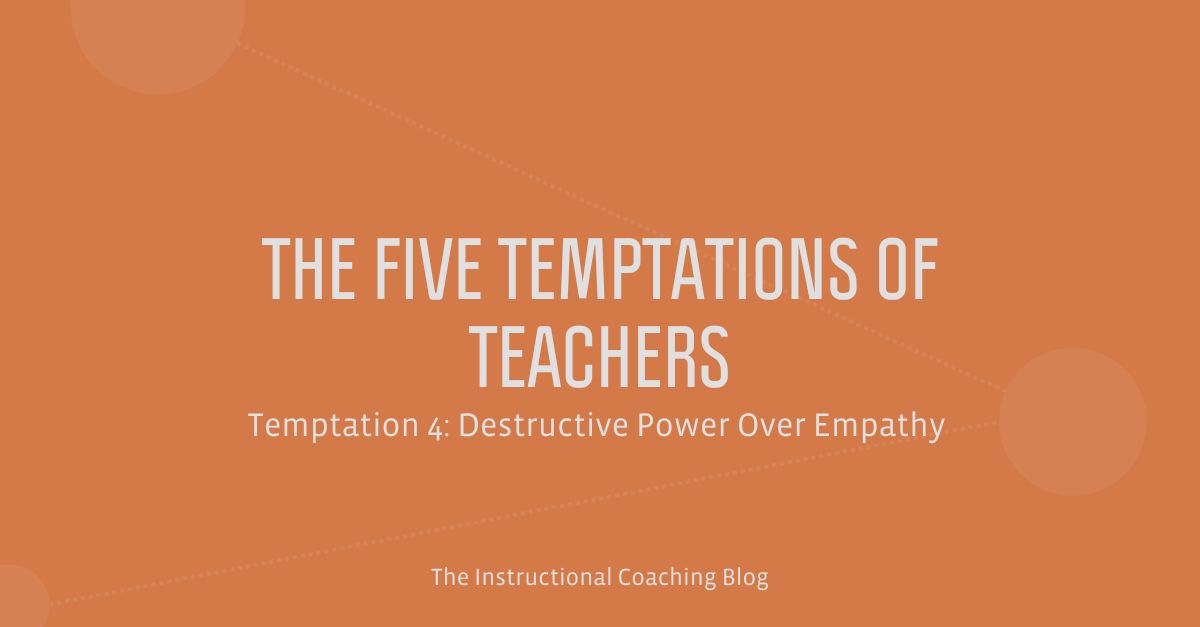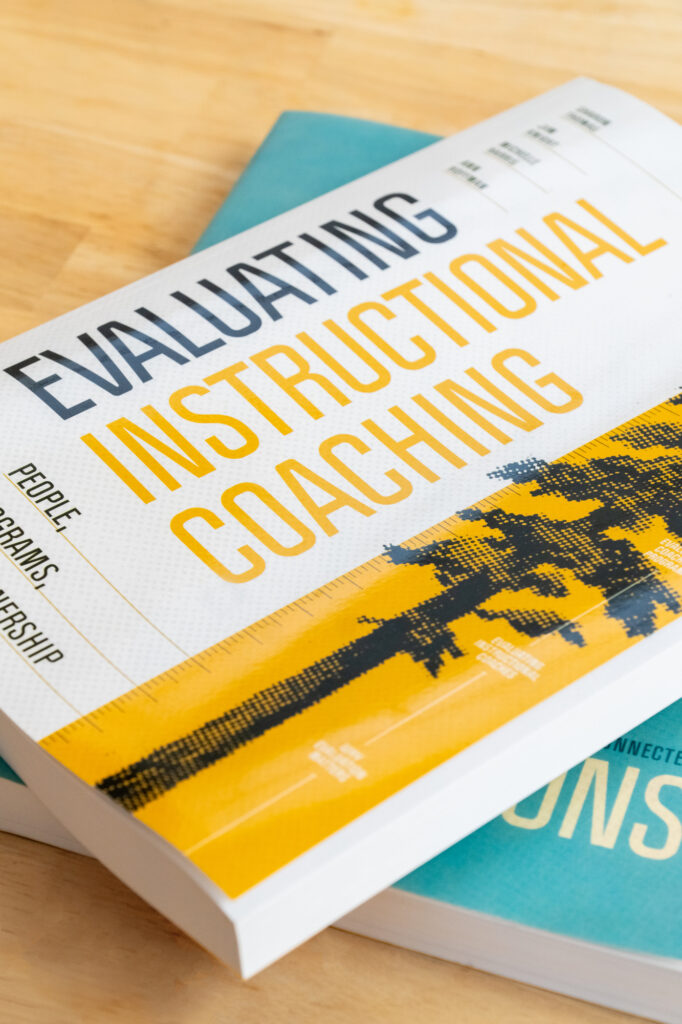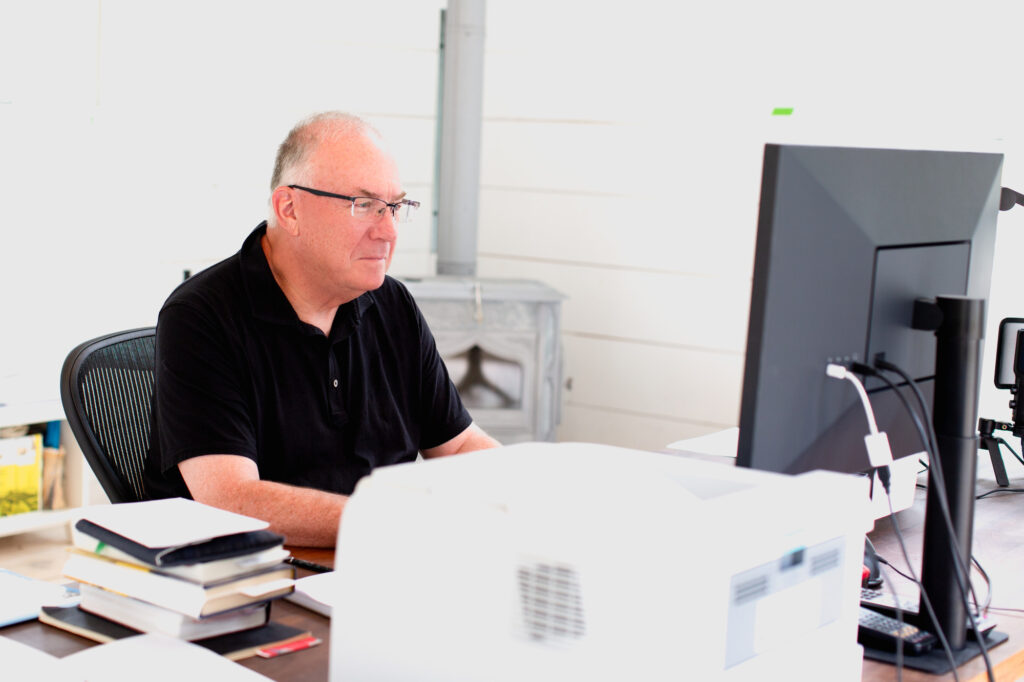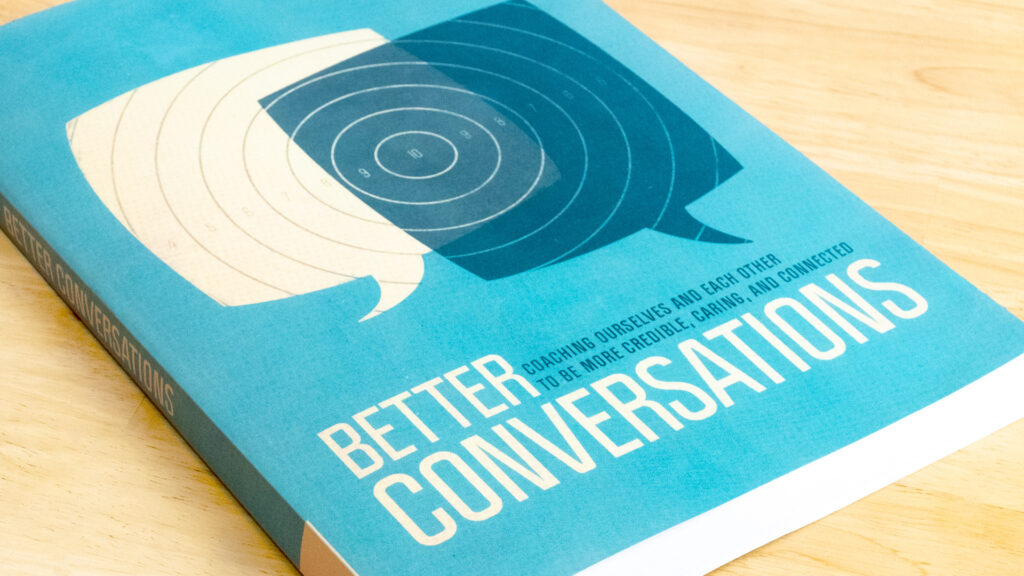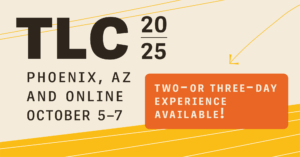Power is seductive.
Power is a rush.
Power feels awesome.
Power can be both a great force for growth and a great bringer of destruction. How we use power in the classroom can have an enormous impact on how much students learn. As President Lincoln has written, “Nearly all [people] can stand adversity, but if you want to test [their] character, give them power.”
The classroom gives teachers a great deal of structural power. Teachers usually set the agenda for each day’s learning. Teachers manage student behavior. Teachers ask the questions. Teachers judge students and assign grades. Teachers pass or fail students. Teachers sometimes have the power to remove children from their classroom. Teachers are older, more educated, more skilled communicators, and wiser in the ways of human interactions than their students. Teachers are responsible for ensuring that at least when children are in school, the children are watched, cared for, and kept out of harm’s way. Teachers leave their marks on the lives of their students. The mark can be profoundly positive, or it can wound students for life.
When a teacher uses power for great good, wonderful learning can happen. For example, teachers can create learning environments where children’s minds and spirits come alive, where kids realize potential in themselves that they didn’t know was possible. George Lucas sums up most students’ experiences when he writes, “apart from my parents, my teachers have done the most to shape my life.”
But teachers don’t always use power for good.
Just like every other human being on the planet, teachers can be tempted to exert power in ways that are destructive. When we use power to dominate, often because the feeling of domination is intoxicating, that exertion of power over students can be detrimental to everyone in the classroom, including the teacher. Destructive power shows up in psychological bullying, when teachers assert that there is only one truth (the teacher’s!) and constantly remind students that they are the inferior ones in the room. In the worst-case scenarios, dominating teachers can make students feel impotent, and as a result of feeling powerless or hopeless, some students lose the desire to learn. But destructive power is not always as obvious as in psychological bullying. It can surface when we subtly ridicule a student in front of her peers, when we lecture students until they have no doubt about who is boss, when we glare at a student who is out if line, and when we use our much greater knowledge and experience to show up a student in an in-class debate.
The nastiest characteristic of power is that it corrupts minute by minute, day by day. Power sneaks up on us and steals our souls. Each time we exert power over a student, we move a little closer to becoming the dictator we always vowed we would never become.
What to Do
We can keep from falling prey to the temptation of power by doing something simple:
We can ask ourselves, “How would I feel if I was a student in this class, at this moment?”
If the answer is … we have genuine empathy for our students and see our classrooms through their eyes, we can avoid exerting dominating destructive power over our students and move closer to power that is used to unleash potential rather than pinning it down.
